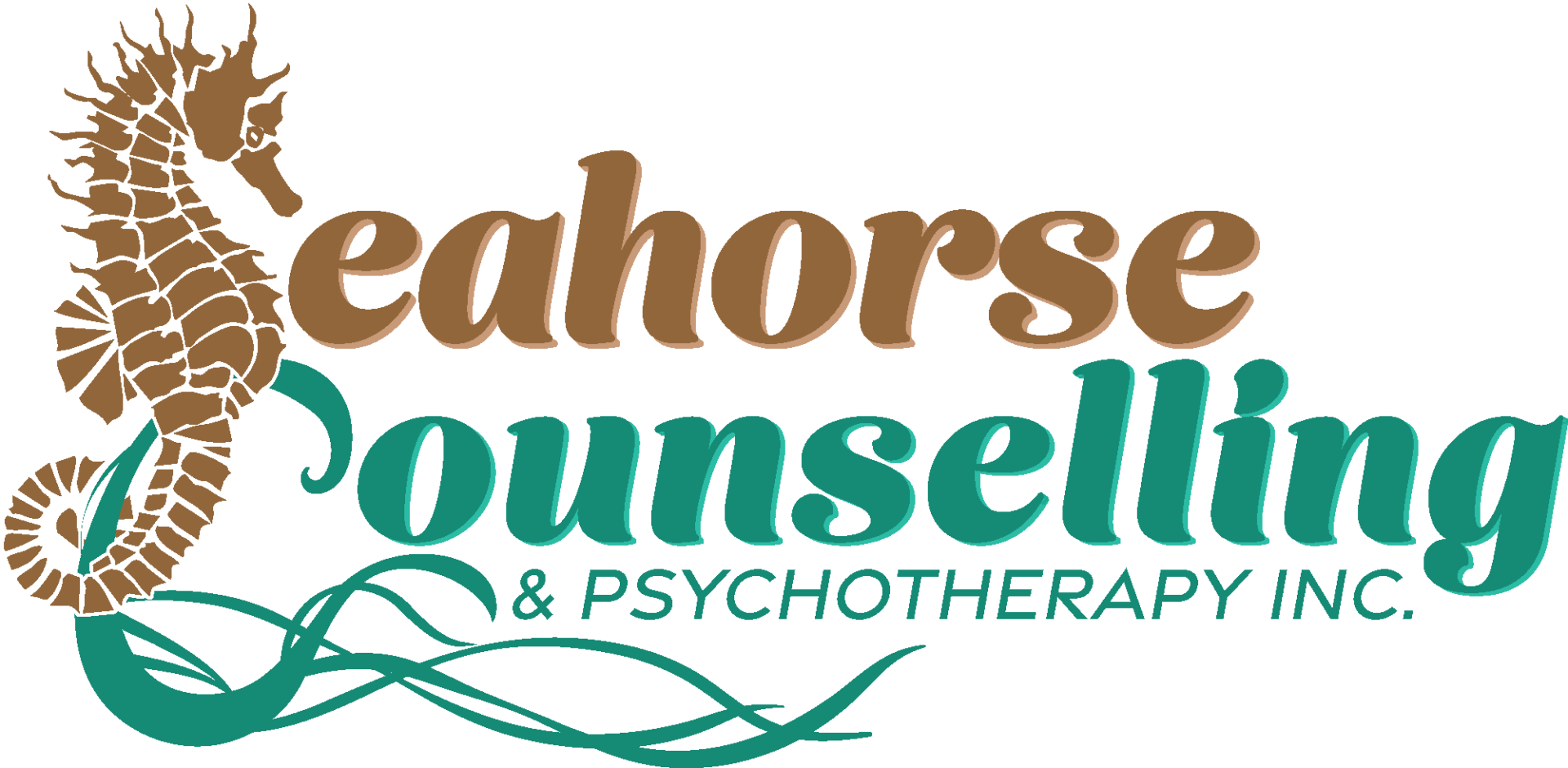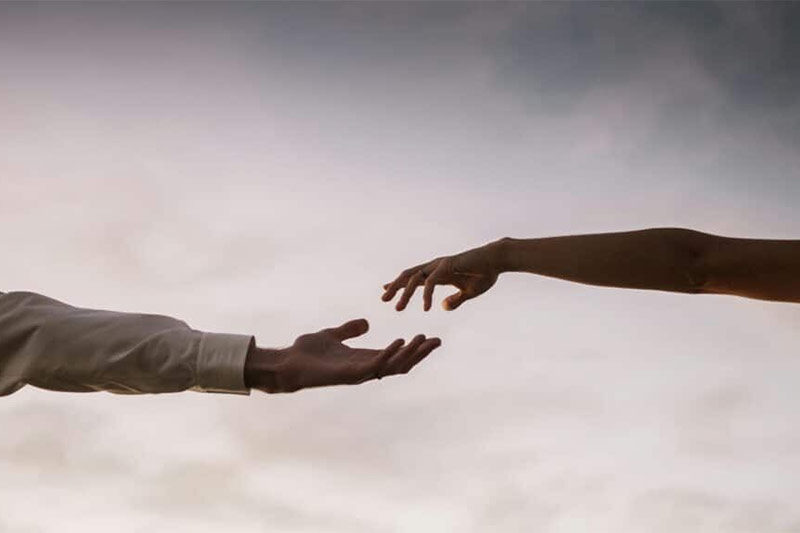Navigating the pain of a loved one’s addiction.
With Emily Maxwell
Having a loved one who is struggling with substance use can be excruciating. It is common to experience confusion, worry, guilt, frustration, as well as your own feelings of pain. Even though you are not the one engaging in substance use, loving someone in addiction can be characterized by disintegrating well-being and personal relationships due to your perceived responsibility of caring for your loved one. However, taking on that responsibility can have a profound emotional toll that leaves you feeling alone, exhausted, resentful, and hopeless. If this is your experience, you are not alone.
You may be asking yourself what you can do to seek support for your loved one? You may have been looking for yourself and have stumbled on the Al-Anon website, the family program that is an accompaniment to AA. However, there is a significant amount of stigma that is inherent in having addiction living in a family, like the uninvited monster in the room. Although finding social support with others who share in your experiences can be incredibly healing, seeking support and acknowledging how much your family is struggling can be steeped in shame. What is shame, you may ask? Well, if guilt is the idea that “I did bad”, shame is the idea that “I am bad”. You may be asking yourself, “What did I do to deserve this?”, “Why my/parent/sibling/child?”. You may have tried endless ways to get your loved one help and feel like you are only getting further away from a solution, losing yourself in the process, and constantly saying, “if only it could go back to the way it was”.
The reality is that addiction is a family disease, meaning it bleeds into all aspects of life as you attempt desperately to get them help while pushing your own needs to the back burner. As a result, you may be experiencing codependency, feelings of helplessness, and feeling like you are out of control. Despite wanting to no longer be in this cycle, you may be questioning whether if you let go, what will happen to them? The bottom line is that the person you love has a serious disease, and neither you nor they have done anything wrong to be in this place. Addiction is not a moral failing, period. Addiction is inherently antisocial due to being characterized by extreme denial, altered brain chemistry, strained relationships, and destructive behaviours that may cause you not to recognize your loved one. In fact, you may feel like they are choosing their substance of choice over you and your family. Despite the fact that you may understand what has driven them to use substances, you do not have to suffer along with them.
With help, you can learn to separate the person from their addictive behaviours and support yourself with finding peace in the chaos. This can be achieved with psychosocial support so that you do not feel alone. As mentioned, there is public and peer-led support available in the community. However, due to the nature of addiction being steeped in shame, support can also be achieved in 1:1 therapy, where we can support you to learn how to set boundaries, and communicate without judgment, and if necessary detach with love. Detachment is the process of choosing to create healthy space for yourself to let go of your inherited responsibility for your loved ones choices and choosing to no longer enable their behaviour, nor can you control it.
Let me be clear, you do not have to give up hope for your loved one! The idea of detachment can be incredibly heart-wrenching, but can have profoundly positive results for both of you. You can support their desire to seek help when they are ready while putting the time and energy you had reserved for them back into healing yourself. Despite this, there is likely grief residing heavily within your system that deserves to be seen, heard, and validated. You deserve to feel supported and connected to your own experience so you can be a safe place for your loved one in the future. We are here to walk that path with you and support you in your own change and recovery. Recovery is a journey, and one that goes not need to be walked alone; your love is a powerful thing, and providing that love to yourself is a radical act of hope.





